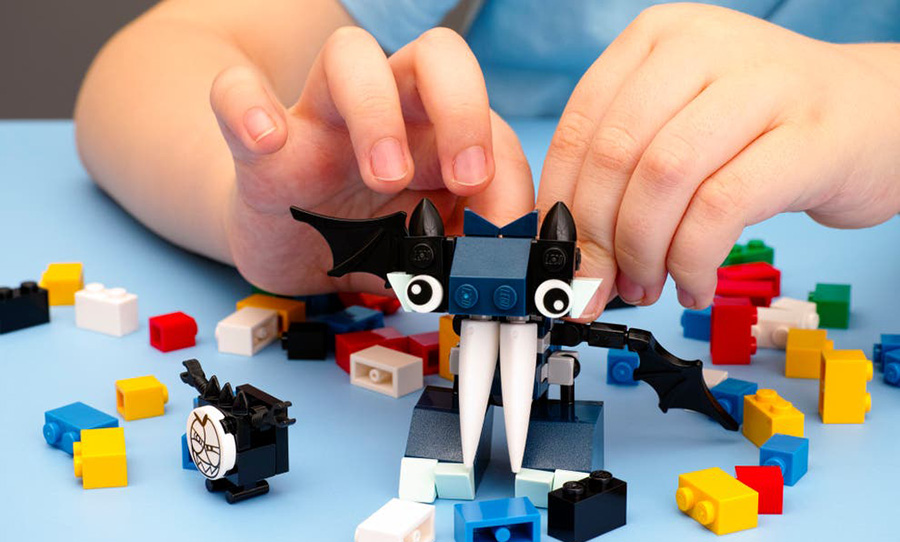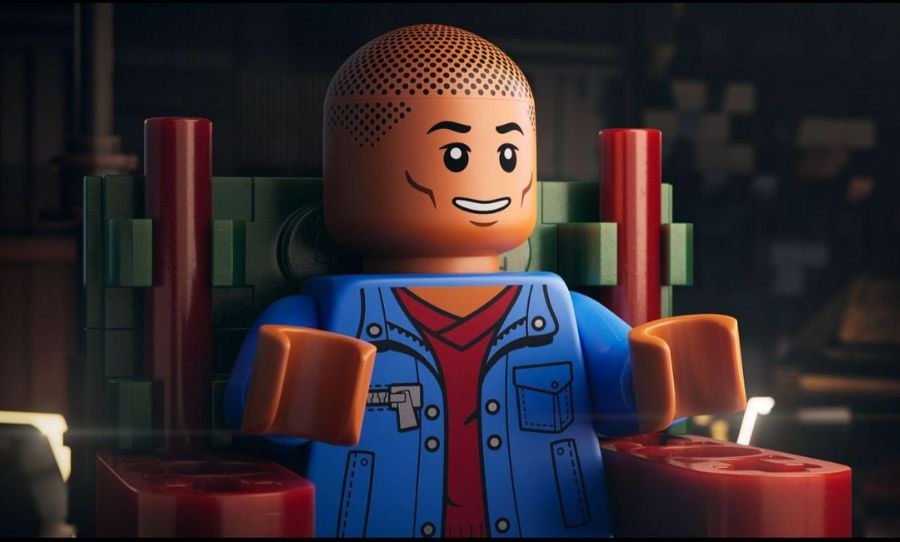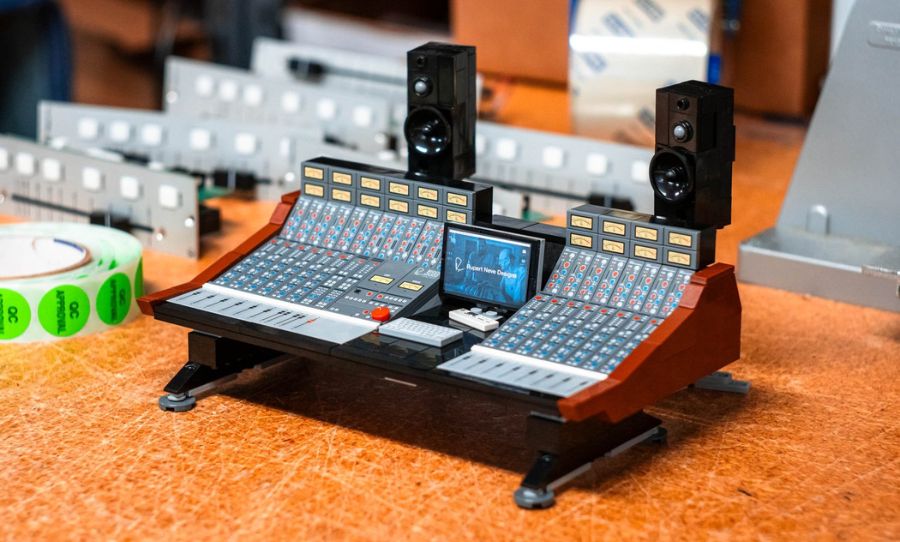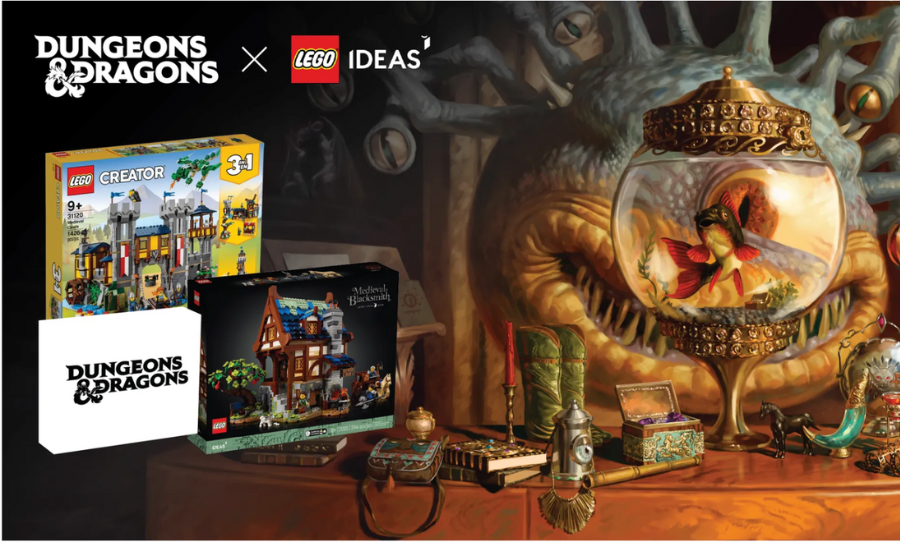Lego, the popular children’s toy company, has vowed to do away with gender stereotyping in its toys after a recent study.
Danish toy supergiant Lego has decided to remove gender stereotyping from its product branding after a global study it commissioned revealed that 71% of boys feared being mocked for playing with toys “meant for girls”.
This fear was also shared by their parents, who did not want their sons to get bullied or made fun of for playing with “girls’ toys”.

The study, conducted by the Geena Davis Institute on Gender in Media, found out that while girls were generally engaging in a wide range of leisure activities beyond those marketed towards them specifically, the same could not be said for boys.
“There’s asymmetry,” said Prof Gina Rippon, a neurobiologist and author of The Gendered Brain. “We encourage girls to play with ‘boys’ stuff’ but not the other way around.”
This kind of gender-oriented branding, especially at such a young age, can be detrimental to a child’s development. Boys who are discouraged from playing with “girls’ toys” such as cooking sets and dress up dolls may start associating the skills involved with those activities (cooking and fashion) with “being a girl”, which is completely false.
“Parents are more worried that their sons will be teased than their daughters for playing with toys associated with the other gender,” said Madeline Di Nonno, the chief executive of the Geena Davis Institute on Gender in Media.
“But it’s also that behaviours associated with men are valued more highly in society. Until societies recognise that behaviours and activities typically associated with women are as valuable or important, parents and children will be tentative to embrace them.”
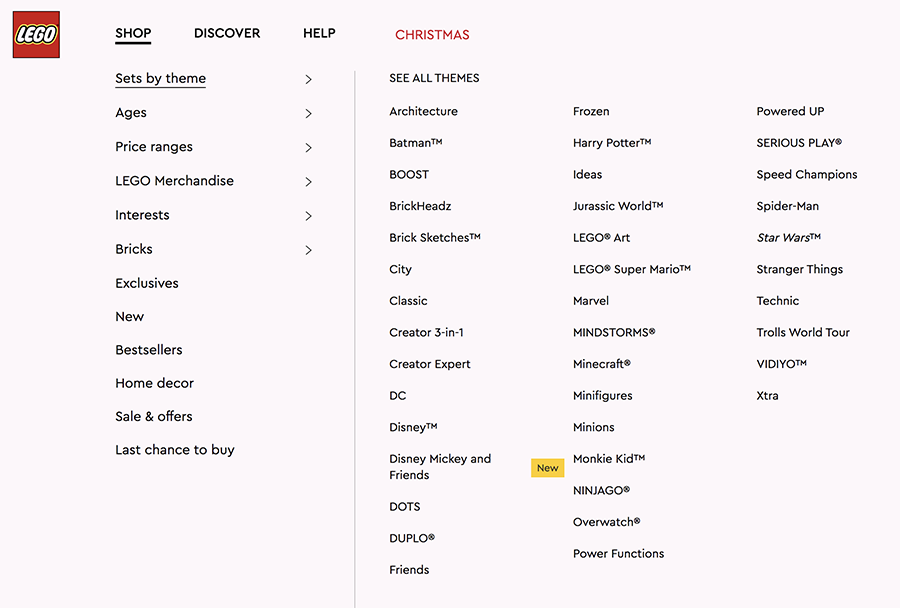
Additionally, the study found that far more parents (76%) are likely to recommend Lego to their sons, while a smaller portion (24%) are likely to recommend the brand to their daughters. Given that Lego is well documented to play a part in the development of a child’s interest in STEM subjects and that Lego is generally more popular in male children, it presents a situation where young girls aren’t being shown the same learning opportunities as their male counterparts.
In order to combat this, Lego has started to categorise its products according to “passion points” or “themes”, instead of “for boys” and “for girls”.
“We’re testing everything on boys and girls, and including more female role models,” adds Julia Goldin, Lego’s chief product and marketing officer.
“Our job now is to encourage boys and girls who want to play with sets that may have traditionally been seen as ‘not for them’.”
